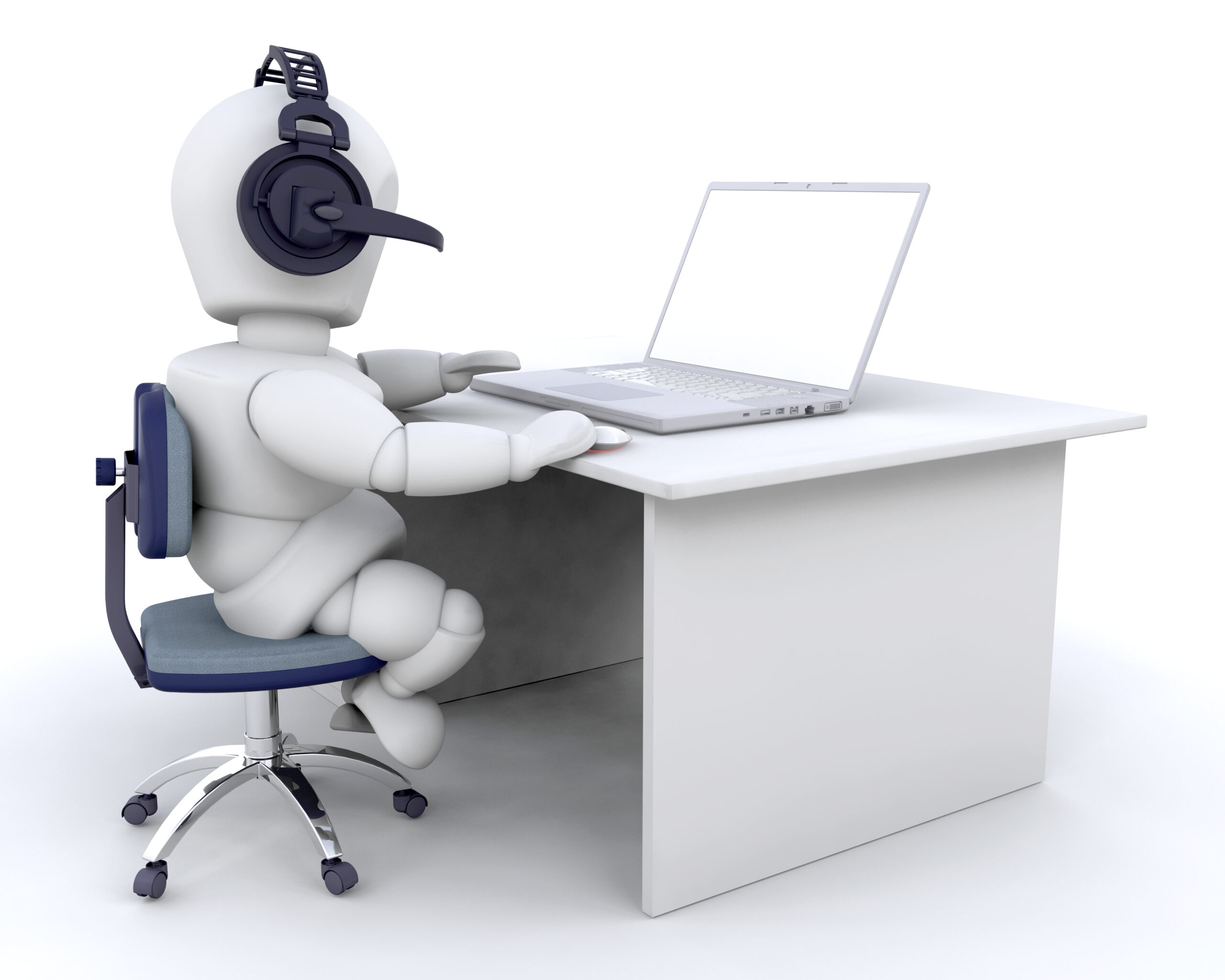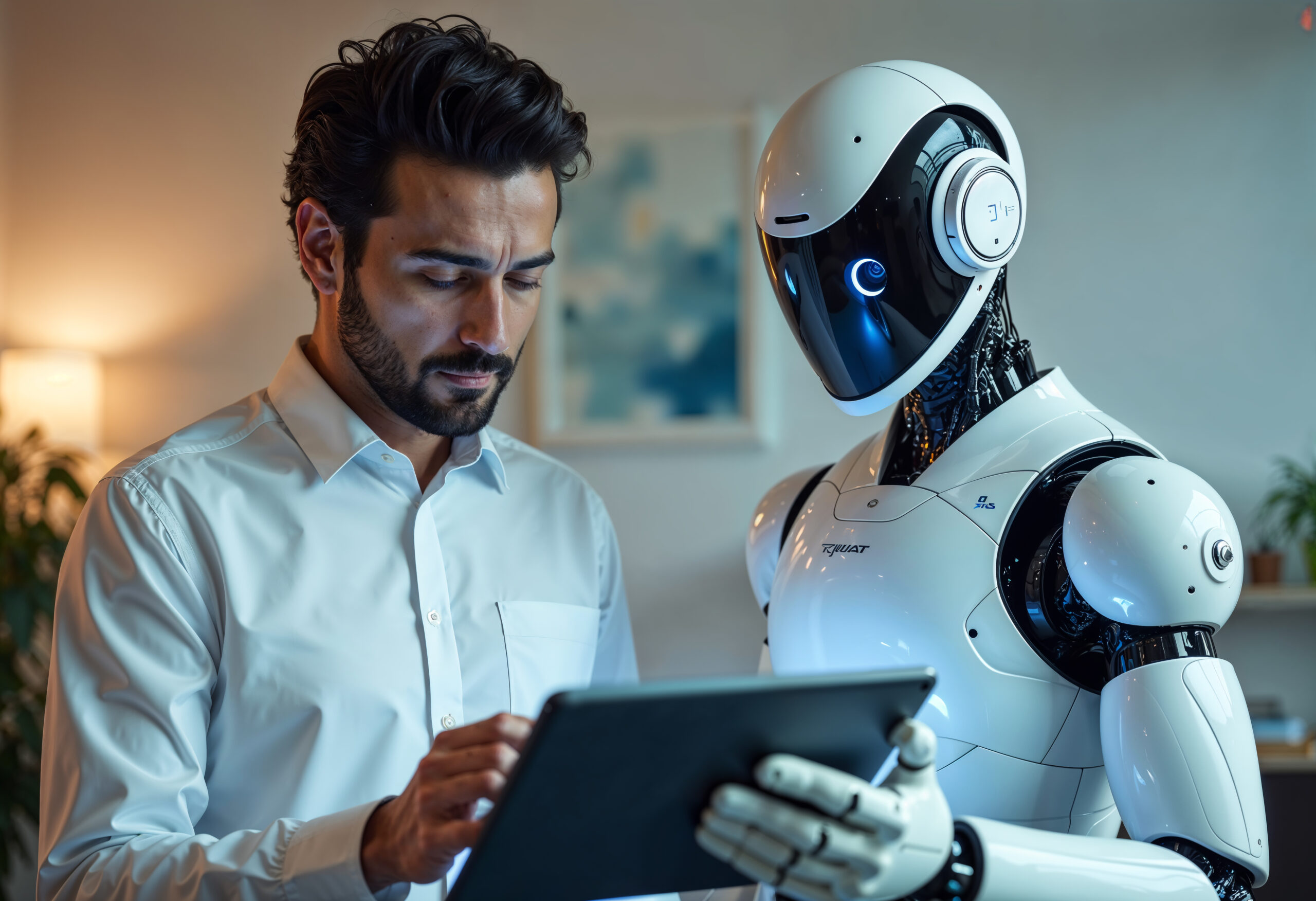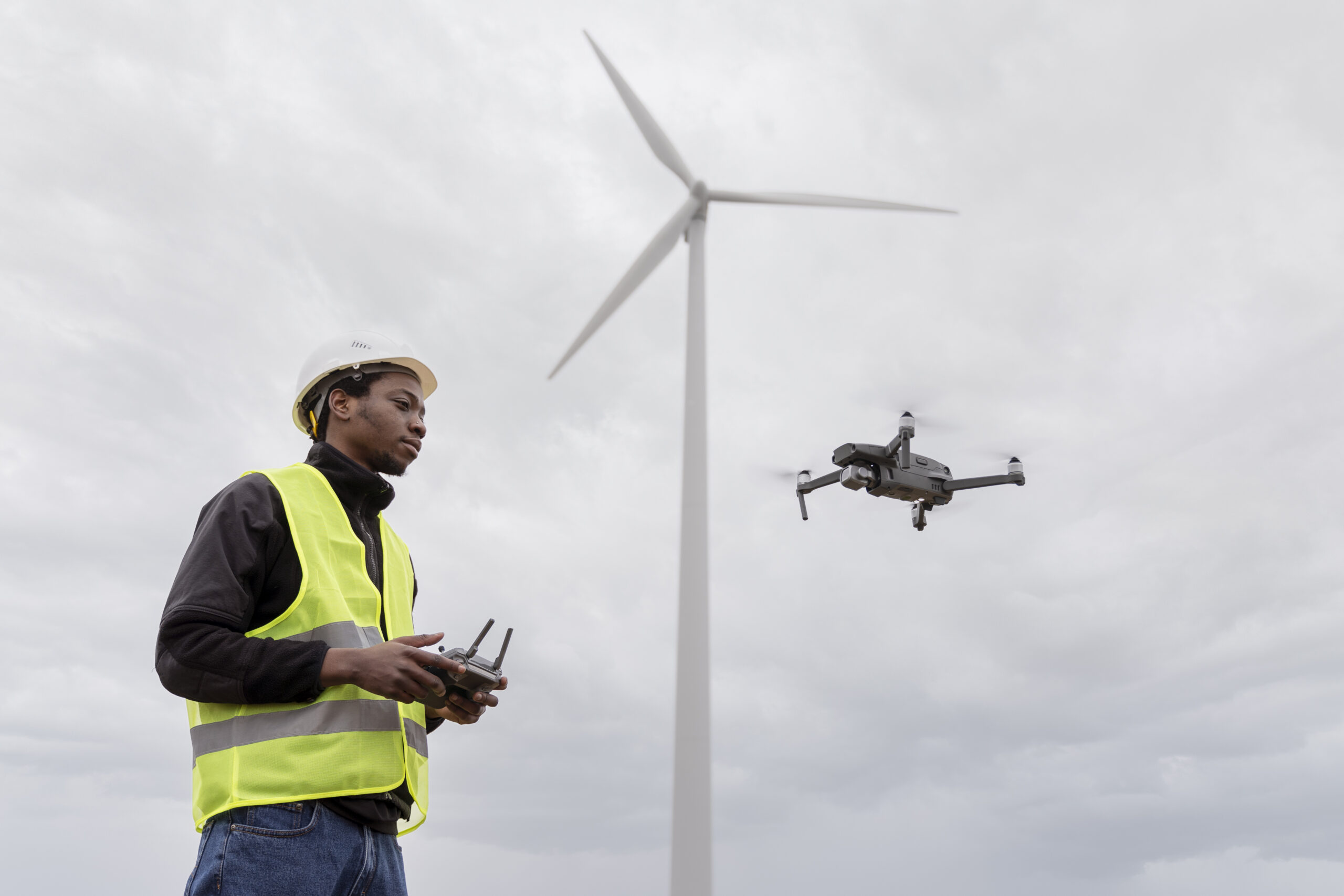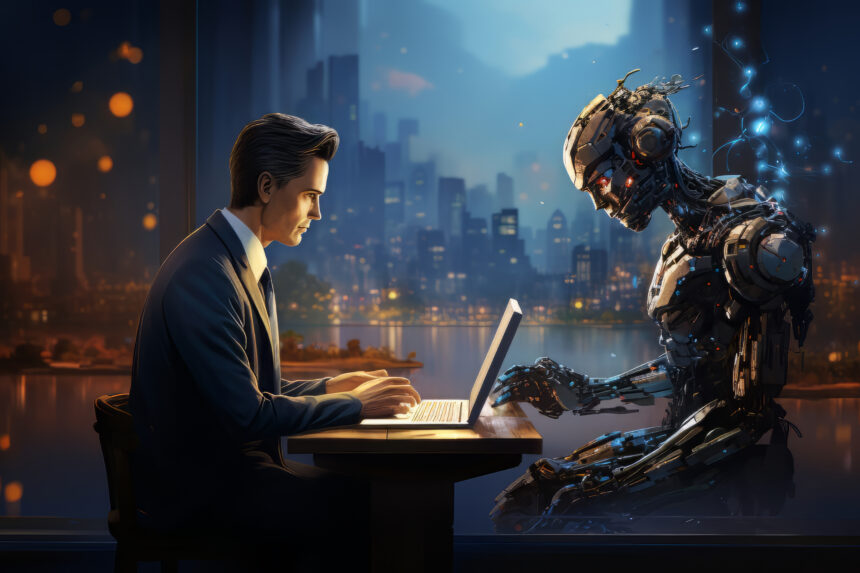Artificial intelligence has been shaking up industries for years—but in 2025, the question has reached a boiling point: Is AI replacing jobs or creating new opportunities? While headlines often spark fear, the reality is more nuanced. This blog explores real-world stories, sector-specific trends, and how professionals are adapting in this AI-driven era.
The Jobs AI Has Replaced in 2025

1. Customer Service Representatives
AI-powered chatbots and virtual assistants have replaced thousands of first-tier customer service roles. Companies like TeleNova have reduced human call center staff by 40%, relying on AI to handle up to 85% of daily inquiries.
“We used to have a team of 50 agents. Now, AI handles most of the volume, and we only need 10 human agents for complex cases,” says Angela Morton, Head of CX at TeleNova.
Angela Morton
2. Retail Cashiers
Self-checkout kiosks powered by AI vision systems have become the new normal. Major chains like SmartMart use automated systems to manage everything from scanning to bagging, reducing cashier roles dramatically.
3. Basic Content Writers
In digital marketing, tools like ChatGPT and Jasper are now generating basic blog posts, product descriptions, and even ad copy. Entry-level copywriting jobs have seen a 30% drop globally.
The Jobs AI Has Created in 2025
Despite the losses, AI has created a wave of new career paths—many of which didn’t exist just five years ago.

1. AI Prompt Engineers
A brand-new job title in 2025, prompt engineers craft inputs to get the best output from AI systems. With salaries ranging from $90,000 to $180,000, it’s one of the fastest-growing tech roles.
“I transitioned from UX writing to prompt engineering. It’s creative, challenging, and pays way better,” shares Neha G., a prompt engineer at a San Francisco startup.
Neha G.
2. AI Ethics & Compliance Officers
With rising concerns about AI bias and misuse, companies are hiring specialists to ensure ethical AI usage. These roles blend law, technology, and social impact, helping organizations comply with regulations.
3. AI Trainers and Data Labelers
Before AI can be smart, it needs to learn. From labeling data to training neural networks, there’s a growing demand for people behind the scenes feeding machines the right information.
Real Stories: How People Are Adapting

From Taxi Driver to Drone Fleet Operator
Omar R., once a full-time driver in Dubai, lost work to autonomous ride-hailing services. But after upskilling through a government program, he now manages a drone fleet for a delivery company.
Teacher Turned AI Content Specialist
Rachel T., a high school teacher laid off due to budget cuts, now works remotely as an AI learning content designer. She uses tools like GPT-4 to develop personalized educational modules for edtech firms.
HR Professional to AI Recruitment Consultant
When her traditional HR role became obsolete, Anika D. pivoted to specialize in AI-powered recruitment systems. She now trains hiring managers on how to interpret and validate AI recommendations.
Industries Thriving with Human-AI Collaboration
-
Healthcare: AI assists with diagnostics, but human doctors still make final calls.
-
Architecture & Design: AI suggests models; humans refine aesthetics and safety.
-
Journalism: AI provides data-driven reports, while journalists add context and insight.
Key Insight: The future of work isn’t humans vs. AI—it’s humans with AI.
How to Prepare: Tips for the 2025 Workforce
- Upskill Continuously—Learn prompt engineering, data analysis, and AI ethics.
- Stay Adaptable—Roles are evolving; being flexible is key.
- Focus on Human-Centric Skills— Creativity, empathy, and strategic thinking are still irreplaceable.
- Use AI Tools, Don’t Fight Them—Learn to Use AI as Your Productivity Partner.
In 2025, the answer isn’t black or white. Yes, AI is replacing some jobs—but it’s also creating entire industries and transforming existing roles. The key is adaptation. Those who evolve with technology are not only surviving—they’re thriving.










